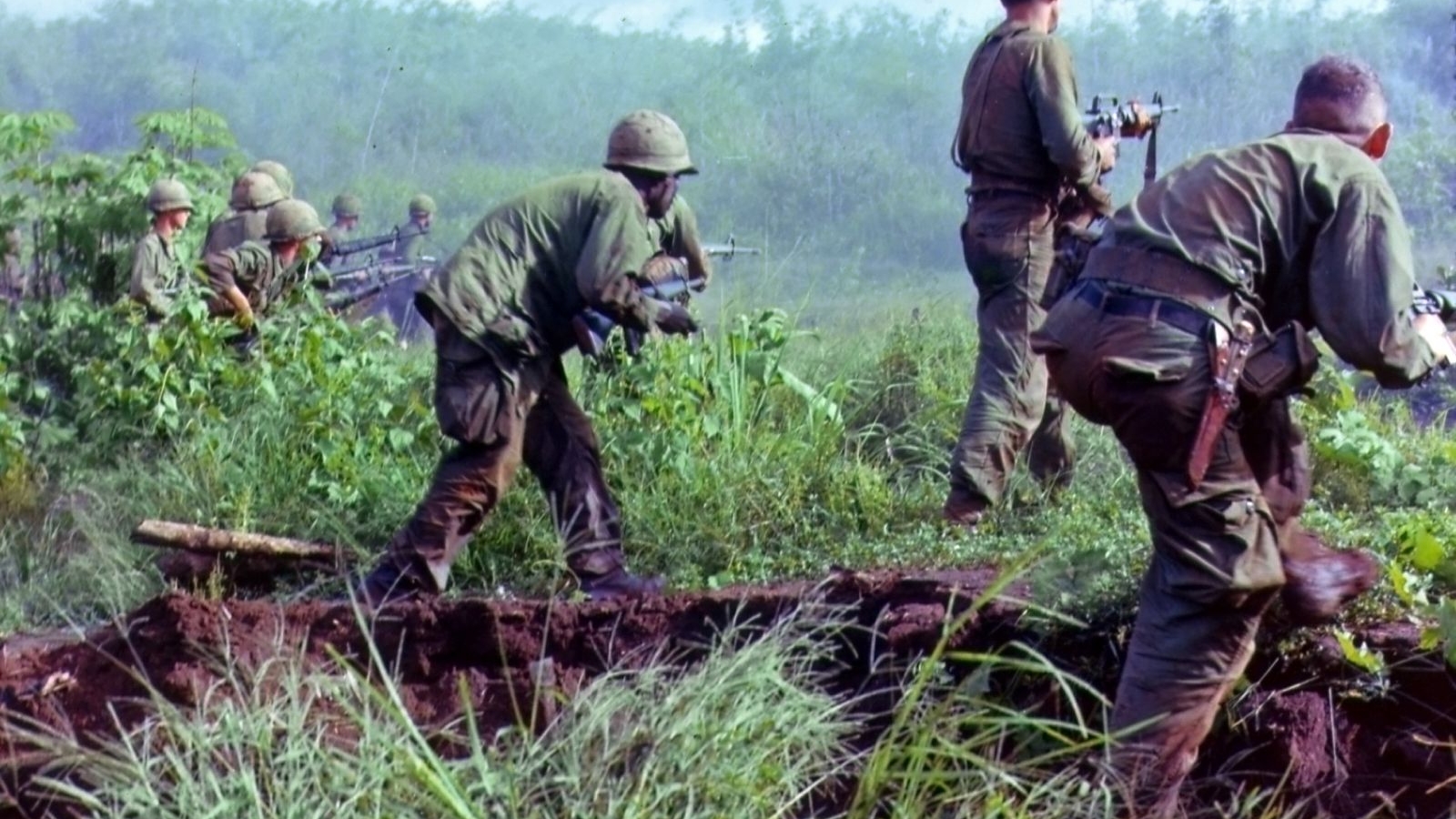By Elizabeth Pond
Forty years ago, two other American journalists and I were captured in Cambodia by a mixed group of Khmer Rouge and Viet Cong.
Once our captors decided not to shoot us on the spot (nip and tuck on the first day) and once the report of our situation filtered up the Ho Chi Minh trail to Hanoi and back (a week later, we inferred), the hostile interrogations stopped and our guards began to socialize with us. Mike Morrow, one of the founders of Dispatch News Service, was our communicator in Vietnamese. I occasionally deputized in rudimentary French. The St. Louis Post-Dispatch's Dick Dudman assiduously taught our guards to play chess.
The chess pieces were fashioned out of sticks we scavenged one morning after we were led out of our transient hostel to sojourn in the woods. We welcomed the excursion, since in daylight hours we normally were confined to whatever Thai-style villa we were housed in. Its purpose mystified us, as we were clearly not fleeing any imminent South Vietnamese attack this time. But we reasoned that whittling kings and horses was as good a way to spend the day as any. And it paid off in all the hours that the guerrillas tested their grasp of tactics against Dick on the chessboard scratched out on the house floor slats. (Not to leave the reader in suspense: after our leisurely return to the villa at dusk, we discovered the intent of the outing when Mike overheard one guard complaining that despite all their extra work for our benefit, none of us had ever used the opportunity to go to the bathroom outdoors rather than utilizing the empty coconut shell indoors.)
By far, our most interesting exchanges came in the last week of our forty-day tour of the various villages in which we were held. By then our guards had already intimated that we would be freed. They had also repeated many times, over rice and increasing supplements of meat (water buffalo jerky, frogs' legs from nearby swamps that used to supply the best kitchens in Paris), the narrative of the American invader and the longsuffering patriotic defenders of Vietnam.
At that point, some curiosity about the world outside Indochina bubbled up. What was the population of Israel? asked Brother Two. Four million, ventured Dick. And the Arab population in the region? A hundred million, suggested Mike. Silence. Then Brother Three asked the logical follow-up: How could so few have defeated so many in the Six-Day War? The conundrum baffled them.
Inevitably, of course, the conversation returned to history's verdict on the American war in Indochina. Our guards had definitively concluded that the United States was only damaging itself by waging a war that cost so much money and caused inflation. I found the logic persuasive, then and now.
I was reminded of those conversations as I read a recent column by Richard Haass, president of the Council on Foreign Relations, in the Wall Street Journal. The US should wind down its Afghan expedition, he argued, not only because the prospects of success at full-press counterinsurgency are nil, but even more urgently, because the cost-benefit spreadsheet is so lopsided. At best, the benefit of three more years of a military surge would do no more than maintain the existing, pre-surge denial of al-Qaeda’s ability to use Afghanistan as a staging ground. At the least, the cost would be another $100 to $125 billion a year to keep GIs fighting in the Hindu Kush, with hundreds more American deaths, additional strains on the crippling trillion-dollar-plus US deficit—and something approaching a carte blanche for foes around the globe who see Washington as too overstretched to react either militarily or monetarily to challenges elsewhere. Think Iran. Think North Korea.
True, there are all sorts of reasons why the Afghanistan quagmire is not a simple repeat of the Vietnam quagmire. And somehow it's hard to imagine Taliban suicide bombers arguing that the great security threat to the United States today is the American financial crisis. Yet the basic guns-and-butter tradeoffs differ more in degree than kind.
Who knows what became of Brothers Two and Three? They may have been shot as the Khmer Rouge turned on its Vietnamese tutors in the infamous killing fields of Cambodia Perhaps they are now working rice paddies that the South Vietnamese had already distributed to peasants even before the North Vietnamese conquered Saigon. Or they might be mobile-phone tycoons in relentlessly capitalist 21st-century Hanoi. .
Wherever they are, they would no doubt recognize Haass's line of argument. I can't help but fantasize that our erstwhile guards are shaking their heads in disbelief as they watch America once again flush endless dollars into an unwinnable war and generate ever-larger economic bubbles at home to pay for the privilege.
Elizabeth Pond is an American journalist and author who has lived in Germany for 30 years. She recently wrote an article for World Policy Journal about the “insta-city” of Kangbashi, in Inner Mongolia.
